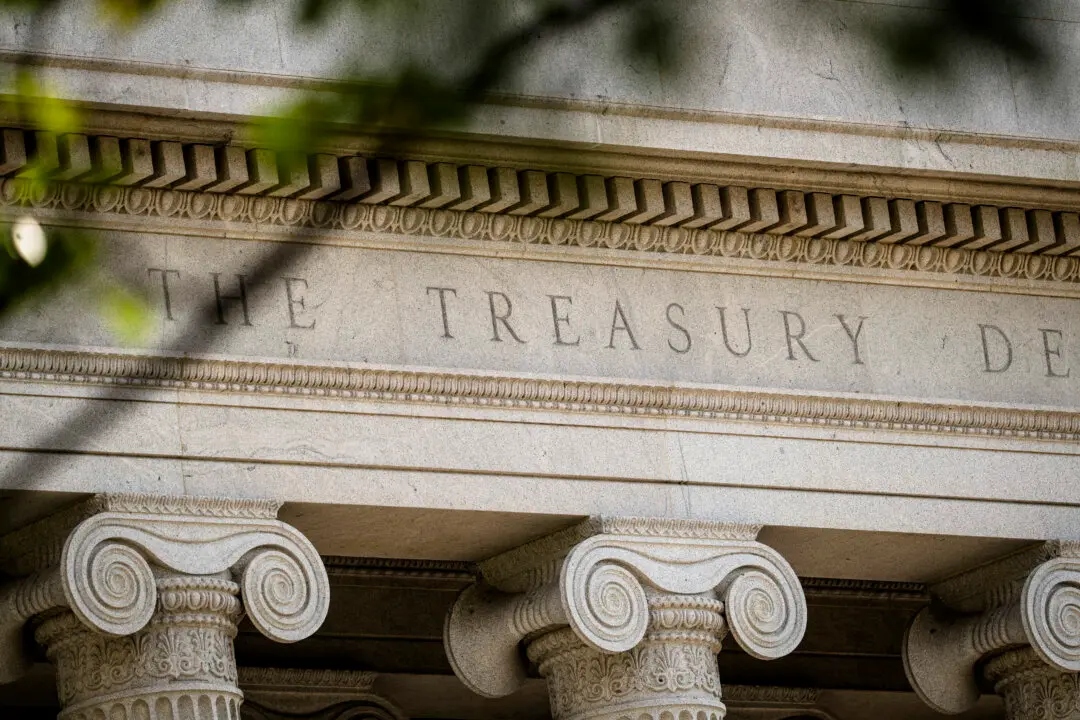Commentary
Economic indicators are flashing red these days. Interest rates have risen from lows that were thought to be impossible for generations. In the United States, short-term interest rates have gone up to the point where one year’s rates are higher than longer-term bond yields. This is because market participants expect future rates to drop and the economy to go into a downturn.





